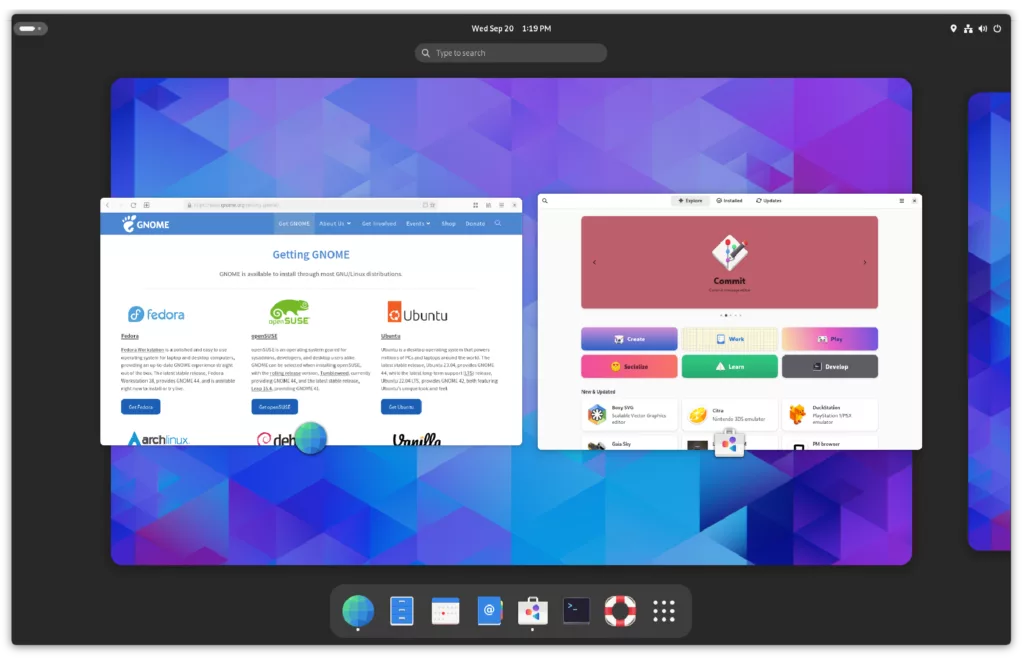
The new version of the GNOME desktop was released more than one month ago. It takes some time to arrive to the final user, because distributions should integrate, tests and release the new desktop, and that's not something simple, and it should integrate in the distribution release planning.
So right now, it's possible that there's just a few people with the latest version of the desktop right now, just people with rolling release distros or people using testing versions of mayor distributions.
This is one of the reasons because a lot of gnome-shell extensions aren't updated to work with the latest version of GNOME, even after a few months, because even developers doesn't have the latest version of the desktop and it's not something "easy" to install, without a virtual machine or something like that. Even if the update is just a change in the metadata.json, there should be someone to test the extension, and even someone to request this update, and that will happen once the mayor distributions release a new version.
I'm using Tumbleweed, that's a rolling release and GNOME 45 is here just after the official release, but of course, a lot of extensions are not working, and in the infamous list of non working extensions there where the three that I'm maintaining right now:
- mute-spotify-ads, extension to mute the spotify app when it's playing ads.
- calc, a simple calculator in the alt+F2 input.
- hide-minimized, hide minimized windows from alt+tab and overview.

The correct way
The correct way to maintain and update a gnome-shell extension should be to test and update "before" the official release of GNOME. It should be something easy for me, using Tumbleweed I can just add the GNOME Next repository, install the new desktop when it's in beta stage, and update the extension there.
But that's something that require an active maintainership... And right now what I do is to update the extensions when they are broken for me, so just when I need them, and that's after I get the new desktop and I find some time to update.
I know that's not the correct way and this produces a bad experience for other people using the extensions, but this is the easier thing to do for me. Maybe in the future I can do it correctly, and provide a tested update before the official release, maybe using snapper to be able to go back to stable, without the need of using virtual machines.
Update your extension to GNOME 45
The update to GNOME 45 was a bit more complex than previous ones. This version of the shell and gjs change a lot of things, so the migration it's not just to add a new number to the metadata.json, but requires incompatible changes, so extensions that works for GNOME 45 won't work for previous versions and vice versa.
But the people working in gnome-shell does a great work documenting and there's a really nice guide about how to upgrade your extension.
The most important part is the import section, that now it has a different syntax.
// Before GNOME 45
const Main = imports.ui.main;
// GNOME 45
import * as Main from 'resource:///org/gnome/shell/ui/main.js';
And some changes in the extension class, that now can inherit from existing ones to provide common usage, like preferences window:
import Adw from 'gi://Adw';
import {ExtensionPreferences, gettext as _} from 'resource:///org/gnome/Shell/Extensions/js/extensions/prefs.js';
export default class MyExtensionPreferences extends ExtensionPreferences {
fillPreferencesWindow(window) {
window._settings = this.getSettings();
const page = new Adw.PreferencesPage();
const group = new Adw.PreferencesGroup({
title: _('Group Title'),
});
page.add(group);
window.add(page);
}
}

Comments !